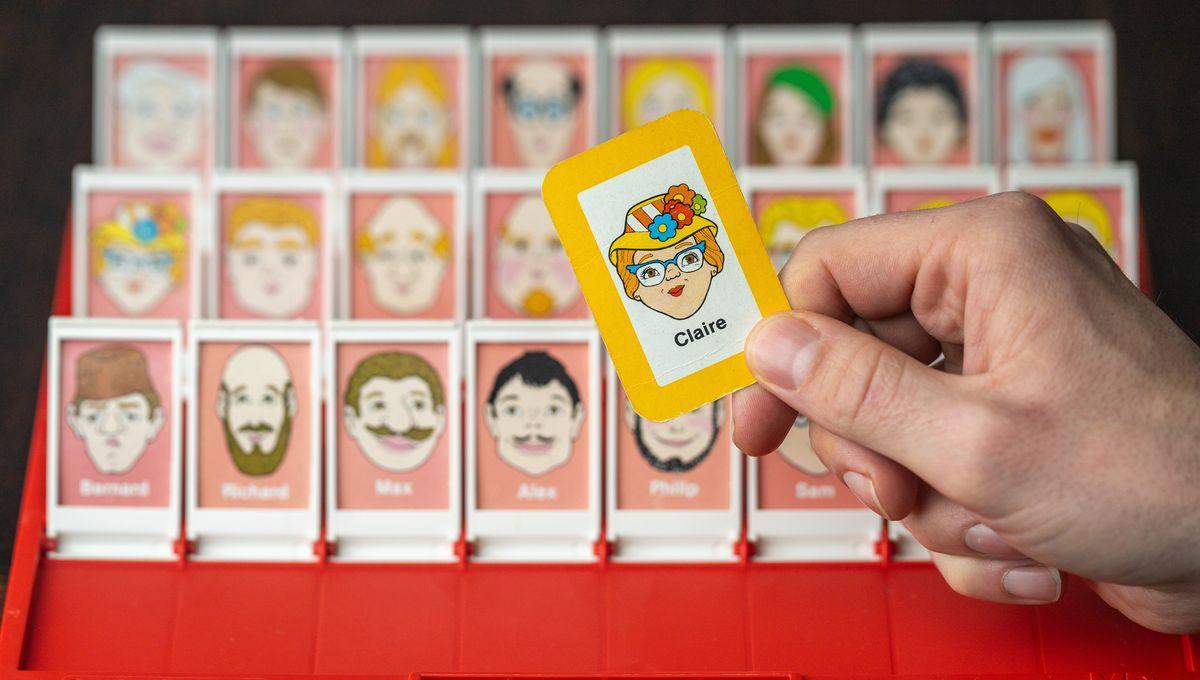Finally, A Mathematical Algorithm For Winning At Guess Who?

Finally, A Mathematical Algorithm For Winning At Guess Who?
The rest of this article is behind a paywall. Please sign in or subscribe to access the full content. If those are two ends of a spectrum, then beating your 7-year-old nibling at an elementary board game probably falls somewhere in the middle – but it’s precisely that which a new preprint, possibly written to justify a group outing to a pizza place, is tackling. “We prove[d] an optimal strategy for the children’s game Guess Who?,” the paper begins, “assuming the official rules are in use and that both players ask ‘classical’ questions with a bipartite response.” That’s right: Guess Who?, the game in which you choose a distinctive face from a crowd of distinctive faces, and your opponent does the same, and then you each try to deduce which character the other has chosen. It’s “a game that probably intuitively feels very random who wins,” said Daniel Jones, a lecturer in math at the University of Birmingham who was not involved in the work. But that “is not necessarily the case,” he told New Scientist. Indeed, by following the tactics described in the new paper, which has not been peer-reviewed, you can raise your odds of winning to almost two-thirds, assuming you start first. The idea, basically, is to target your questions so as to split the remaining figures by about half – the real number is found by a slightly more complicated formula, but it’s not that hard to work out – except in four specific cases: when you or your opponent only has one option left, and when your opponent has four possible faces left and you have either four, six, or 10. How you do that is up to you – though we have to warn you: people aren’t going to want to play with you if you follow this method properly. Especially if you follow the advanced techniques outlined in the paper to gain maximum advantage. “By deploying a question containing an embedded paradox […] we can improve our chances of winning significantly,” the team write. By that, they mean asking mind-bending, non-answerable questions like “does your person have blond hair or do they have brown hair and the answer to this question is no?” Sound complicated? That’s the point. “If we were to ask you this question and your person had blond hair, then you would say yes because the first line succeeds,” they explain. “If they had grey hair, then both parts fail and you would say no; but if they had brown hair then you would find yourself, in effect, answering: ‘Is the answer to this question no?’.” “You cannot answer honestly, so we may assume that your head explodes,” they conclude, arguably over-dramatically. “Your head explosion can be treated as a third response.” It’s a bit weird and complicated, but it does work. Follow this method, and you’ll have your kid niece or nephew crying at the next family get-together in record time – all you’ll need is a little mental math practice and a fair bit of step memorization. Overall, though, “it’s not that difficult,” said software engineer Brian Rabern, who wasn’t involved in the paper, but did come up with the tricksy three-way head-explosion logic technique. “It […] take[s] a little bit of work and training,” he told New Scientist. “It’s just holding it all in your head at once that gets a little bit difficult, but each step is itself pretty straightforward.” The paper, which has not been peer-reviewed, is published on the arXiv preprint server.


